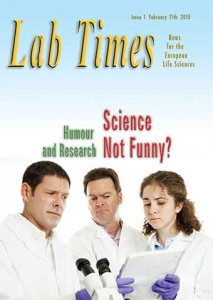 In late 2013, we filed suit along with Automattic, the parent company of our blogging platform WordPress, against someone allegedly at a news service in India who falsely claimed that we had violated its copyright. Last week, we were pleased to learn Automattic won a similar case against a group that tried to censor another blogger.
In late 2013, we filed suit along with Automattic, the parent company of our blogging platform WordPress, against someone allegedly at a news service in India who falsely claimed that we had violated its copyright. Last week, we were pleased to learn Automattic won a similar case against a group that tried to censor another blogger.
Both suits were designed to draw attention to people who misuse the Digital Millennium Copyright Act (DMCA) as an excuse to censor information they don’t like. Last summer, we withdrew our suit, because the defendant had “neither served an answer nor a motion for summary judgment, and indeed has not appeared,” according to our dismissal filing. But by then the issue had made its way to Capitol Hill, where Automattic general counsel Paul Sieminski used our case as an example of DMCA abuse in testimony last March.
While we of course would have liked to have continued pursuing the case against Narendra Chatwal at the so-called News Bullet in Utter Pradesh, we were very pleased to hear last week that Automattic had prevailed in a second, similar case they filed at the same time as ours. In this case, blogger Oliver Hotham was targeted by a group championing the rights of heterosexuals after he posted excerpts from a press release the group sent him along with some commentary; in response, “Straight Pride UK” invoked the DMCA to force Hotham to take down the post. As Ars Technica reported: Continue reading WordPress parent company wins suit fighting false DMCA copyright claims
 The New York Times has an editorial today with which we wholeheartedly agree: The newspaper is calling on scientists — and even the government — to pay more attention to misconduct in research. (It also doesn’t hurt that the paper mentions us.)
The New York Times has an editorial today with which we wholeheartedly agree: The newspaper is calling on scientists — and even the government — to pay more attention to misconduct in research. (It also doesn’t hurt that the paper mentions us.)






